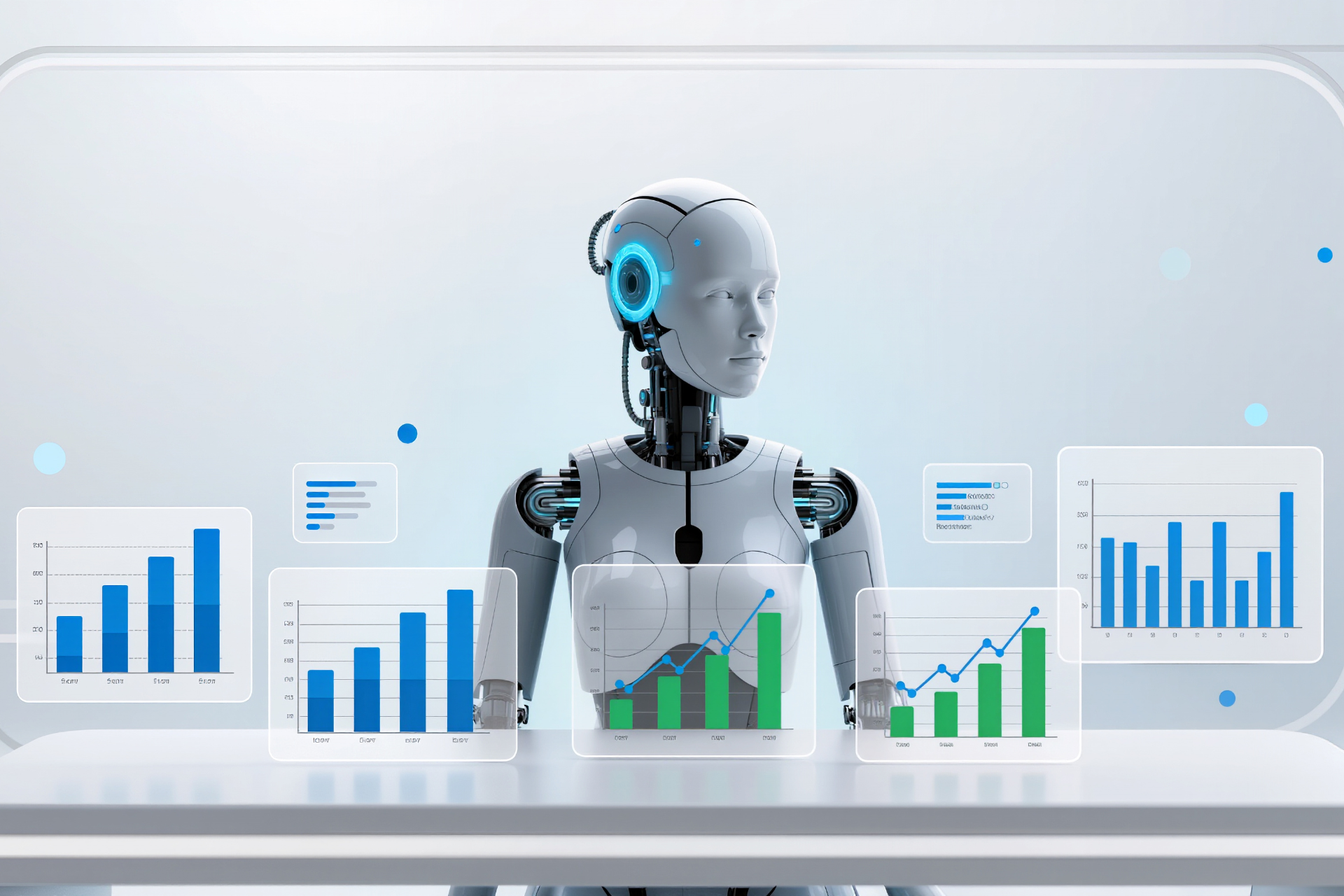Machine Learning and Digital Transformation: The Ultimate Synergy
Content contribution by Elissa Torres, Lead Business Architect
Digital transformation is no longer optional—it’s a fundamental requirement for businesses aiming to stay competitive in today’s rapidly evolving technological landscape. More than ever, machine learning (ML)—a powerful subset of artificial intelligence (AI)—is at the heart of this transformation, revolutionizing industries worldwide. By driving innovation, streamlining operations, and uncovering actionable insights, machine learning has become a key enabler of digital transformation. From predictive analytics and process automation to personalized customer experiences, ML is reshaping how organizations operate and adapt in an increasingly digital world. Let’s delve into how machine learning is fueling this transformation and why it’s indispensable for modern businesses looking to thrive.
How Machine Learning Fuels Digital Transformation
Machine learning empowers systems to analyze data, learn patterns, and make predictions without explicit programming. This capability is revolutionizing digital transformation by:
- Enhancing Decision-Making: ML models process vast amounts of data to deliver actionable insights, enabling businesses to make informed decisions and anticipate trends.
- Automating Processes: From chatbots to supply chain optimization, ML automates repetitive tasks, reducing errors and boosting efficiency.
- Delivering Personalized Experiences: ML analyzes customer behavior to create tailored recommendations, enhancing user satisfaction and loyalty.
- Managing Risk: ML detects anomalies and predicts risks, aiding in fraud detection, compliance, and preventive maintenance.
Real-World Applications of Machine Learning
Machine learning is transforming industries, including:
- Healthcare: ML enhances diagnostics, personalizes care, and optimizes operations, improving patient outcomes.
- Retail: Retailers leverage ML for demand forecasting, inventory management, and personalized shopping experiences.
- Finance: ML powers credit scoring, fraud detection, and secure transactions, making financial processes faster and more reliable.
- Marketing: AI-driven targeting and performance analytics enable marketers to reach the right audience with precision.
Key Components of Machine Learning
- Data: ML systems rely on large, high-quality datasets to train models.
- Algorithms: These are the rules and calculations ML uses to recognize patterns and make predictions.
- Models: A model is the outcome of training an algorithm on data, capturing insights for future predictions.
Challenges in Adopting Machine Learning
Despite its potential, integrating ML into digital transformation comes with challenges:
- Data Quality: Many organizations struggle with incomplete or fragmented datasets.
- Skills Gap: Implementing ML requires specialized expertise, which can be scarce.
- Ethical Concerns: Privacy, bias, and transparency must be addressed in ML initiatives.
- Costs: Building and maintaining ML infrastructure can be resource intensive.
The Future of Machine Learning in Digital Transformation
With advancements like deep learning, quantum computing, and natural language processing, ML’s impact on digital transformation will only grow. Organizations that embrace this synergy will unlock unprecedented levels of innovation, efficiency, and customer satisfaction.
Machine learning isn’t just a tool for digital transformation—it’s the driving force behind it. Businesses that harness the power of ML will be better positioned to thrive in a rapidly digitalizing world. Embrace this synergy today to unlock your organization’s full potential.
INSIGHTS












